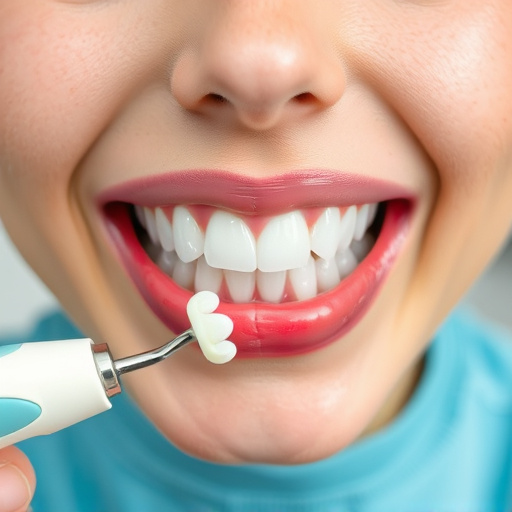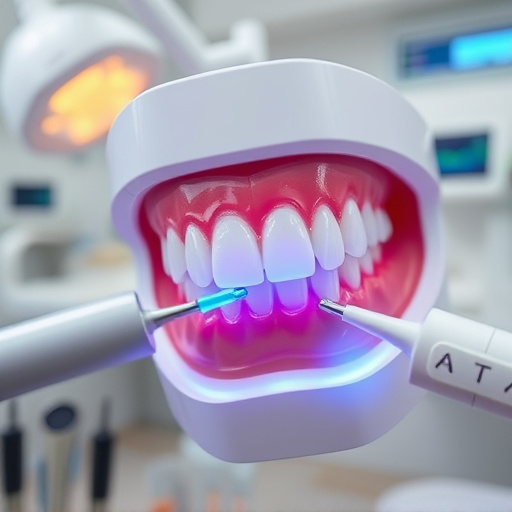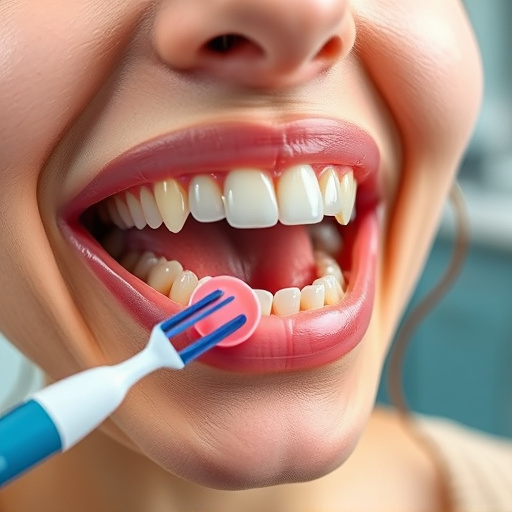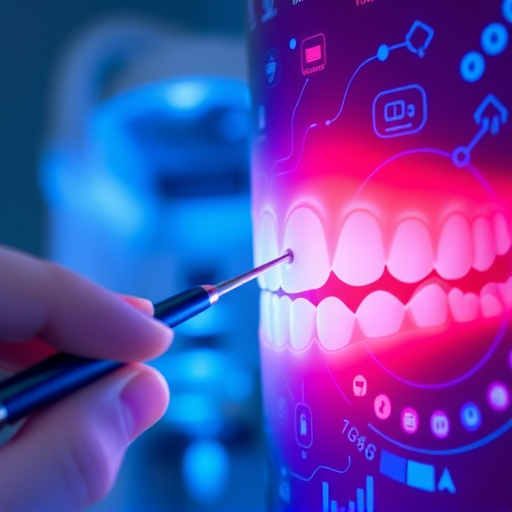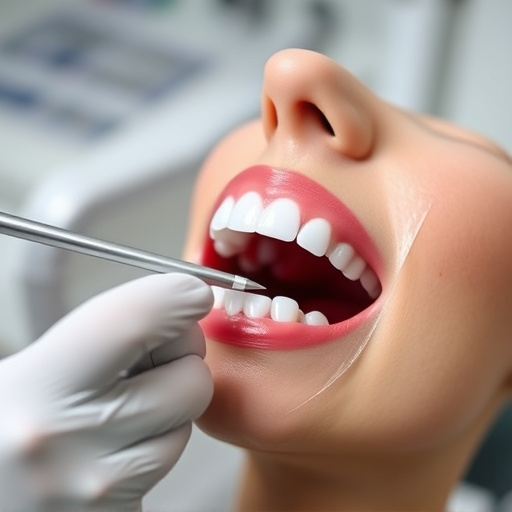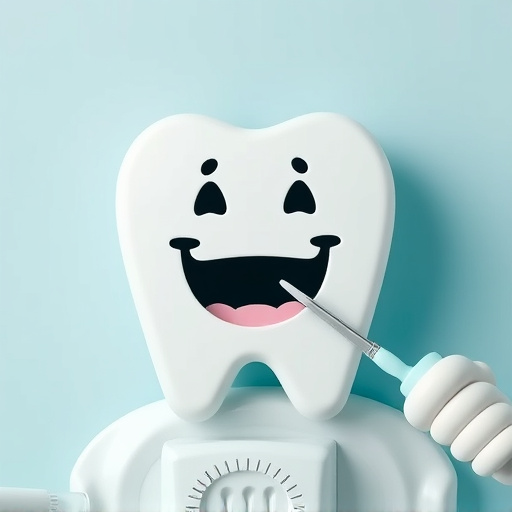Dental sealants for teeth are a non-invasive, protective treatment that seals grooves and pits on molars, preventing plaque buildup and decay. The process involves cleaning, drying, and applying a liquid sealant that hardens with light, creating a thin yet strong coating against bacteria and acid erosion. Effective for several years with proper care, sealants protect against cavities and other dental issues, making them ideal for children and adults at risk. Maintaining sealants requires a dedicated oral hygiene routine and regular professional cleanings to ensure longevity and continued protection.
Dental sealants for teeth offer a non-invasive treatment option, providing an effective way to protect against tooth decay. This article serves as a comprehensive guide to understanding dental sealants for teeth, exploring their numerous benefits, and detailing how to care for and maintain these protective coatings. By the end, you’ll be equipped with the knowledge to make informed decisions about your oral health.
- Understanding Dental Sealants for Teeth: A Basic Guide
- The Benefits of Non-Invasive Dental Sealant Treatments
- How to Care for and Maintain Dental Sealants
Understanding Dental Sealants for Teeth: A Basic Guide
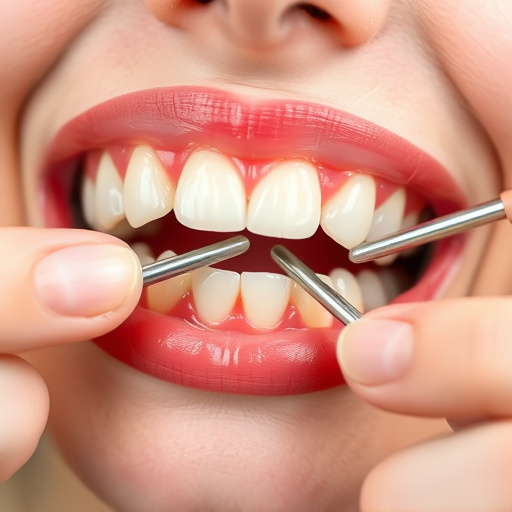
Dental sealants for teeth are a non-invasive treatment option designed to protect and preserve tooth structures. They act as a protective barrier by sealing deep grooves and pits on the surface of permanent molars, preventing plaque and food debris from accumulating. This simple yet effective procedure is commonly used in children but can also benefit adults who want to avoid costly and invasive dental procedures like fillings, extractions, or crowns due to decay or wear.
The application process involves cleaning the tooth surface, drying it, and then painting on a liquid sealant that hardens upon exposure to light. This thin, protective coating strengthens the tooth against bacteria and acid erosion, significantly reducing the risk of cavities and other dental issues. Dental sealants are a proactive approach to oral health maintenance, offering long-lasting protection that can even endure chewing forces and last for several years with proper care.
The Benefits of Non-Invasive Dental Sealant Treatments
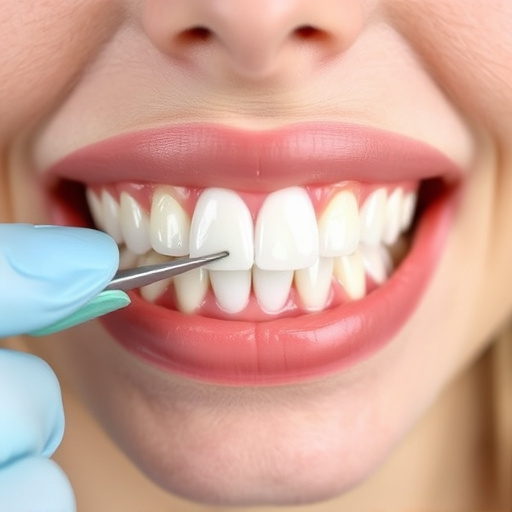
Dental sealants for teeth represent a significant advancement in non-invasive dental treatments, offering a preventative approach to maintaining oral health. One of their key benefits is their ability to protect tooth surfaces from decay and erosion, which can be particularly effective for children and teens with high risk of cavities. By applying a thin coating to the chewing surfaces of back teeth, sealants create a physical barrier against bacteria and food particles, significantly reducing the chances of tooth decay.
This non-invasive procedure complements routine oral exams and comprehensive dental care routines, including regular teeth cleaning. Unlike traditional fillings or more extensive restorative procedures, dental sealants preserve the natural structure of the teeth, making them a preferred option for patients looking to avoid unnecessary dental intervention. The application process is quick, painless, and often recommended as part of a child’s initial dental care regimen to set a strong foundation for lifelong oral health.
How to Care for and Maintain Dental Sealants
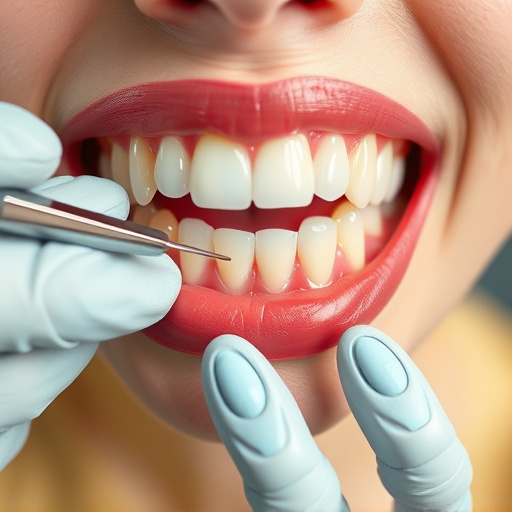
After receiving dental sealants for teeth, proper care and maintenance are essential to ensure their longevity and effectiveness. It’s recommended to maintain a rigorous oral hygiene routine, including regular brushing and flossing. Use a soft-bristled toothbrush and fluoride toothpaste to gently clean your teeth twice daily. Avoid harsh scrubbing as it can damage the sealants. Additionally, incorporating dental cleanings into your oral care regimen is vital. Professional cleanings by your dentist every six months will remove plaque buildup and ensure the sealants remain intact.
Preventative measures play a significant role in maintaining sealants. Limit sugary and acidic foods and drinks, as these can weaken tooth enamel and potentially damage the sealants. Regular consumption of water and milk is encouraged to promote oral health. Moreover, avoid chewing hard or sticky substances that might put stress on your treated teeth. With proper care, dental sealants for teeth can provide long-lasting protection against decay and cracks, offering a convenient and non-invasive tooth repair solution.
Dental sealants for teeth represent a significant advancement in non-invasive dental care. By effectively protecting against tooth decay, these sealants offer a simple yet powerful solution that can preserve oral health and reduce the need for more extensive treatments. In choosing this method, individuals gain a preventive approach that not only saves time and money but also contributes to overall well-being by keeping smiles healthy and strong.

